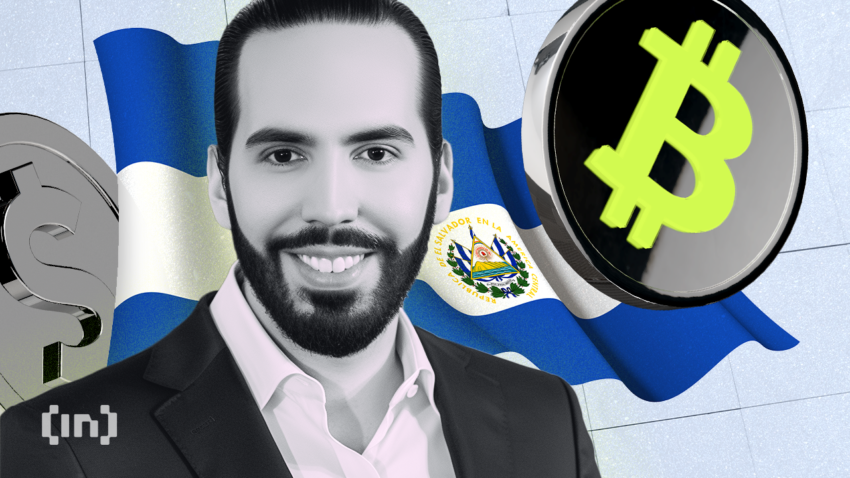El Salvador is advancing its position as a leader in crypto by launching a Bitcoin training program for 80,000 public servants. This strategic move aims to promote crypto-literacy within the government.
It is part of a broader national strategy to integrate Bitcoin into the country’s economy fully.
El Salvador Focuses on Bitcoin Education
Stacy Herbert, the Director of the Bitcoin Office, is at the forefront of this initiative. She is currently developing a Bitcoin Module for the Escuela Superior de Innovación en la Administración Pública (ESIAP) Academia, the higher school of innovation in public administration.
“Thousands of El Salvador’s civil servants will soon receive the highest standard of instruction on Bitcoin. And this will have the compounding effect of excellence begetting more excellence in El Salvador, the home of new capital markets on Bitcoin,” Herbert said.
Read more: Who Owns the Most Bitcoin in 2024?
Consequently, El Salvador’s progressive step in Bitcoin education has received praise from industry leaders. In an interview with BeInCrypto, Eloisa Cadenas, CEO of Monetae Exchange, shared that civil servants will have a fresh perspective on Bitcoin after receiving the training.
“Fear is one of the feelings that limit many from interacting with Bitcoin due to various prejudices, such as thinking they will be scammed, that it is used for money laundering, or that it is only for getting rich. The more knowledge people have about Bitcoin and crypto assets in general, these biases will gradually diminish, and people will stop feeling that fear derived from a lack of understanding,” Cadenas told BeInCrypto.
Moreover, El Salvador has been proactive in embedding Bitcoin education into its school systems. In 2022, the government introduced a ten-week Bitcoin curriculum in schools through a project called ‘My First Bitcoin.’ The curriculum covers crucial topics like Bitcoin nodes, preventing double-spending, and understanding Bitcoin halvings.
As of August 2024, the My First Bitcoin project had educated over 35,000 students about Bitcoin. These educational initiatives highlight the nation’s commitment to nurturing a generation knowledgeable about digital finance.
Alongside educational developments, El Salvador is making infrastructural investments to support its Bitcoin strategy. Earlier this month, a $1.6 billion investment from Turkey’s Yilport Holding was announced.
This investment will modernize essential seaports and lay the groundwork for the ambitious Bitcoin City project. President Nayib Bukele, who originally proposed Bitcoin City in 2021, plans to fund this venture through government-issued Bitcoin bonds.
Additionally, the Bukele administration continues to show steadfast support for Bitcoin, adopting a dollar-cost-averaging (DCA) strategy to buy Bitcoin daily. Currently, El Salvador holds approximately 5,848 BTC, valued at about $348 million.
Read more: Top 9 Crypto Friendly Countries For Digital Assets Investors

Furthermore, El Salvador is exploring the use of Bitcoin for international trade settlements. This move aims to mitigate trade challenges with Russia and is part of a broader effort to strengthen economic ties and enhance geopolitical standing. By leveraging cryptocurrency, El Salvador seeks to bypass the traditional banking system that is vulnerable to Western sanctions.
Disclaimer
In adherence to the Trust Project guidelines, BeInCrypto is committed to unbiased, transparent reporting. This news article aims to provide accurate, timely information. However, readers are advised to verify facts independently and consult with a professional before making any decisions based on this content. Please note that our Terms and Conditions, Privacy Policy, and Disclaimers have been updated.

